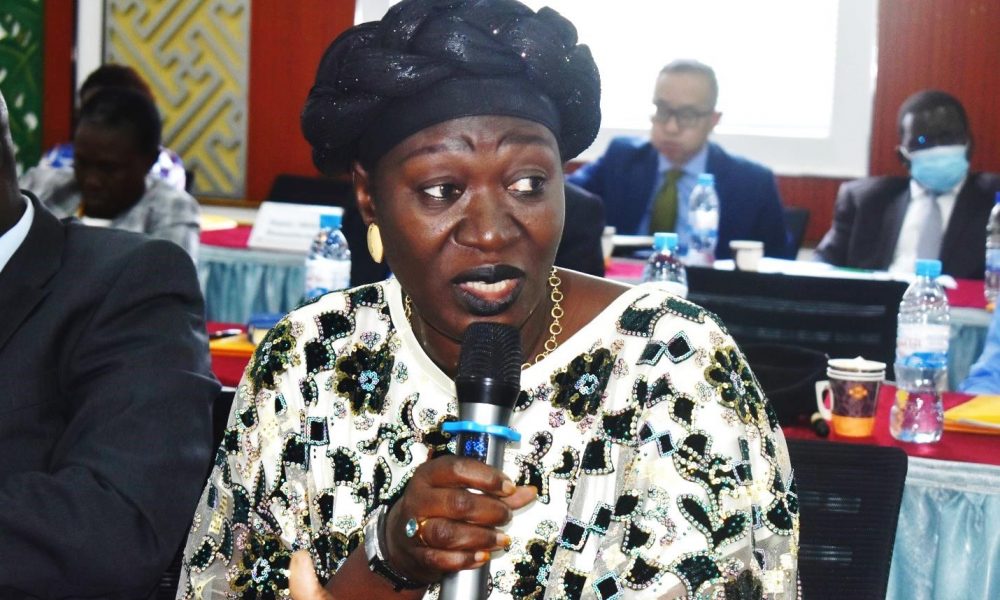By William Madouk
The Ministry of General Education and Instructions has directed public schools not to ask for registration fees from parents to enforce free primary and secondary education across the Country.
This move came after the Ministry of Finance allocated one billion South Sudanese Pounds as the first portion of the capitation grant for schools’ operations.
Speaking to the media, yesterday the Minister of General Education, Awut Deng Acuil announced the schools’ facilitation grant by the ministry of finance as per President Salva Kiir’s directives.
“I am pleased to inform the public that the Ministry of Finance and Planning has paid the first tranche of the capitation grant, an amount of 1,000,000,000 SSP (one billion South Sudanese Pounds),” Awut said.
“We are now processing payment of capitation grants to all state primary schools. Our UK partners to implement simultaneously pay capitation grants to the state secondary schools,” she added.
According to her, the funds will be paid directly to schools’ bank accounts and an accountability report be submitted to education authorities.
However, Awut warned that any school that fails to provide a satisfactory accountable report will be removed from accessing capitation school facilitation funds.
Minister Awut also stated that all schools are expected to use capitation grants’ payment guidelines enclosed in a document, in spending funds.
“Schools that do not follow the guidelines for the use of capitation grants will be penalized,” she warned.
“More importantly all recipient public schools of this grant must not request parents to pay fees for registration of the child or demand any other payments from parents,” minister Awut continued.
She further appreciated President Salva Kiir, vice president for service cluster, Abdelbagi Akol, United Kingdom envoy to Juba and minister of Finance for their steadfast support of education in the country.
On February 6, President Salva Kiir issued a decree ordering the rollout of free and compulsory education at the primary and secondary levels.
In his decree read out on the national public service broadcaster, SSBC, Kiir directed the ministry of general education and gave instructions to come up with policies that would promote and attract free and compulsory primary and secondary education.
The Presidential decree stipulated that the policy be implemented with immediate effect and directed the ministry of finance to avail necessary funds for the promotion of free education.
Kiir’s directive revived the pre-independence call for free primary and secondary education, which has been unsuccessful but remains on paper as a policy.
According to media reports, free primary school education worked miracles at the time, with enrollment increasing from just over 100,000 in 2006 to over 200,000 in 2009.
Conversely, school dropout rates have risen since the conflict began in 2013, with many government schools among those losing students due to absence and pregnancy among other issues.
According to a report by the UN agency for children, UNICEF, South Sudan has one of the lowest budget allocations to the education sector in the East African Region.
However, in 2022/2023 SSP 1.3 trillion budget, education received an allocation of SSP 107 billion which was a significant boost when compared to past budgets. But this still cannot meet all the requirements.
UNICEF said one of the heritages of this underfunding, is the enormous 2.2 million children out of school.




